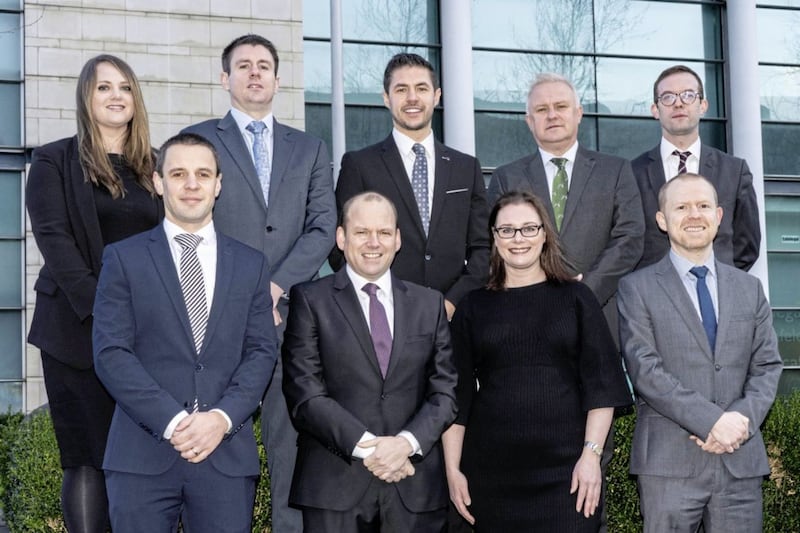IT'S increasingly difficult to ignore the growth of artificial intelligence (AI) in the business world. Ever more sophisticated programmes are available which remove the need for human interaction in the business and, indeed, the personal world.
A consideration for lawyers and businesses is whether the use of AI has limits, particularly in a customer service sense. Another consideration, especially for lawyers, is whether there should be limits placed on ethical grounds.
From a legal services perspective you can, crudely, split firms in Northern Ireland into two camps. Firstly, those who seek to provide services to large commercial entities such as insurers, banks, and leading corporations. Secondly, there are firms that either do not aspire to or cannot hope to obtain this work.
For the first cohort and their corporate clients, AI will be an invaluable tool. It will reduce friction over management information and cost. It will help to create predictive models that will allow both parties to strategise over the medium term or longer. This strengthens the partnership.
For the second cohort, however, the picture is more complex. These firms mainly focus on services to the general public and SMEs. Whilst IT advances, which include AI, have been a valuable tool, it is unclear whether AI systems could ever replace the person-to-person communication that has proved so necessary when explaining both the process and the outcome. AI might help to predict outcomes and even help achieve them.
AI cannot explain with empathy the complexities, the often-adversarial nature of the process or indeed an unexpected or unwanted outcome.
Many clients may not have wished to use a lawyer and may never want to use one again. I doubt very much, however, that those clients would have preferred a machine to be the entity they called or emailed for an update, explanation, to swap ideas or even just to let off steam.
There are lessons in the general business world as well. It is said that in Northern Ireland “people buy from people.” This may be an anecdote but there will be few reading this column who disagree. In the same vein, people want to deal with people. Recent advertising emphasising that customers have access to helplines with “real people” strongly suggests that market testing agrees.
Ethics are fundamental to the law. Whether people should judge people is a real question. The rule of law has human judgments and frailties at its core. There is a danger that the perceived cost benefits of AI could persuade the government to use it as a cure-all for the costs of access to justice and the rule of law.
Given the public’s understandable attitude to lawyers and courts, I would not anticipate a groundswell of opinion against this. As such a revolution could take place where the public and SMEs are left with a system that fails both on both a practical and ethical level.
It will be interesting to see where the AI and the law debate goes. It will have a wider impact than might at first appear.
:: Colin Mitchell (colin.mitchell@mtb-law.co.uk) is the senior partner of McCartan Turkington Breen Solicitors.





